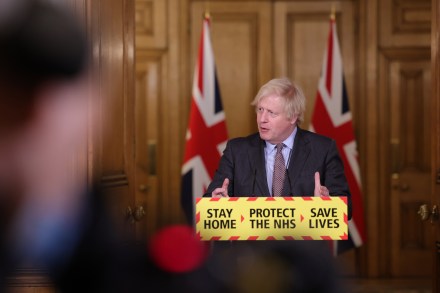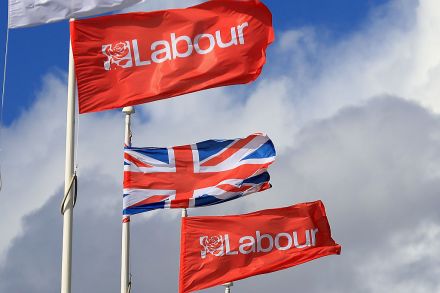What’s holding up Scotland’s vaccine rollout?
If I had a penny for every time I heard someone say that Nicola Sturgeon has had a ‘good pandemic’, I’d be living in my very own Scottish castle by now. Imposing restrictions one step ahead of Boris Johnson seems to have become Sturgeon’s go-to formula. But if the First Minister has been praised for her initial response to Covid-19, Sturgeon is running out of excuses to explain why Scotland’s vaccine programme lags behind that of England, Wales and Northern Ireland. Having just managed to catch up on the over 80s briefly at the weekend, Scotland has now fallen significantly behind in its vaccination of the over 70s. And with England soon




















